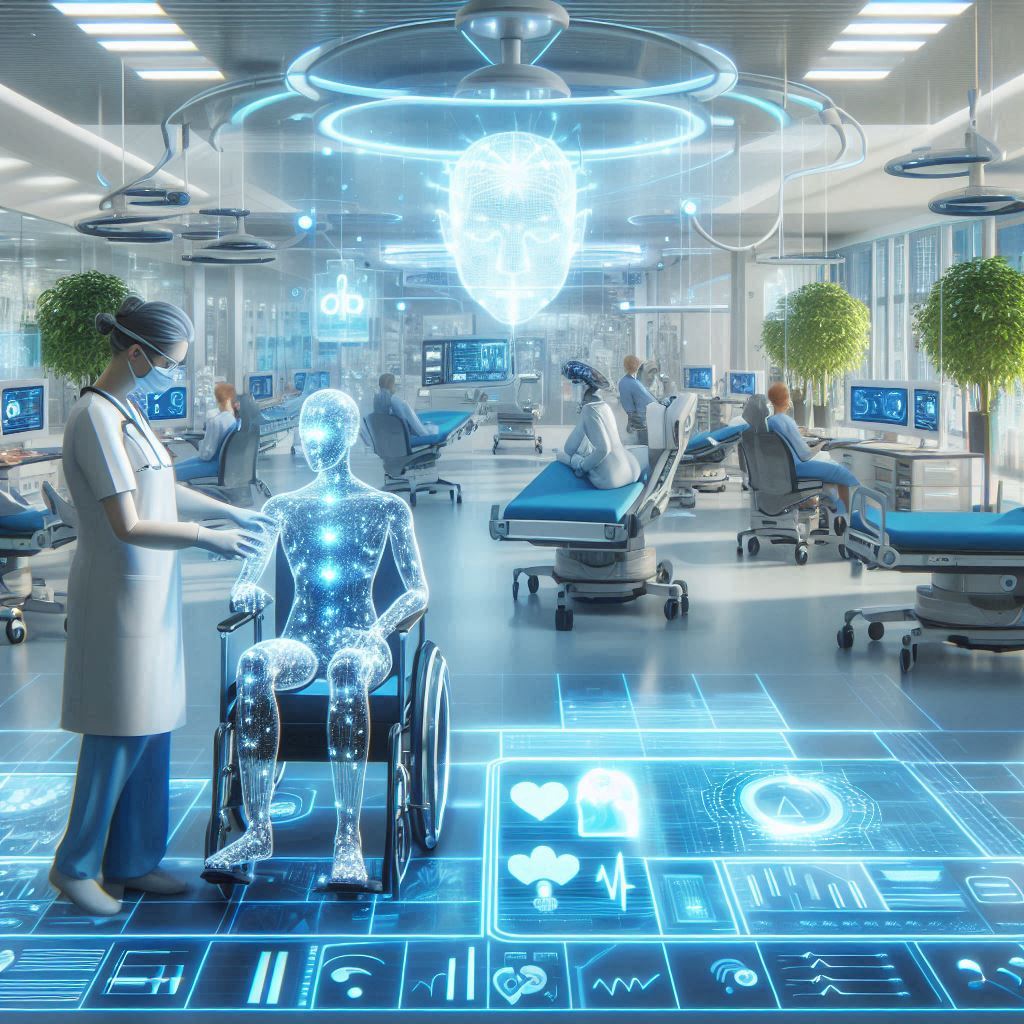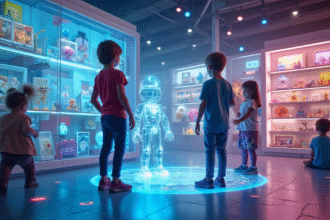Introduction: The AI-Driven Transformation of Healthcare
Artificial Intelligence (AI) is reshaping the Health & Medical industries, driving innovation in diagnostics, treatment, and patient care. From predictive analytics to robot-assisted surgeries, AI is revolutionizing healthcare by enhancing efficiency, accuracy, and accessibility.
In Hong Kong and China, AI adoption in healthcare is accelerating, with government-backed initiatives and private sector investments fueling growth. As AI continues to evolve, its impact on healthcare will be profound, transforming how medical professionals diagnose diseases, personalize treatments, and optimize hospital operations.

Latest AI Developments in Healthcare
1. Generative AI in Medical Research & Diagnostics
Generative AI is making significant strides in medical imaging analysis, drug discovery, and clinical decision support. According to a recent McKinsey report, 85% of healthcare leaders are exploring or have already adopted AI capabilities. AI-powered tools can now analyze X-rays, MRIs, and CT scans with remarkable accuracy, assisting radiologists in detecting abnormalities faster than traditional methods.
2. AI-Powered Personalized Medicine
AI is enabling precision medicine, where treatments are tailored to individual patients based on their genetic makeup, lifestyle, and medical history. AI-driven algorithms can predict disease risks, recommend personalized therapies, and optimize medication dosages, improving patient outcomes.
3. AI in Drug Discovery & Development
Pharmaceutical companies are leveraging AI to accelerate drug discovery, reducing the time and cost required to bring new medications to market. AI models can analyze vast datasets to identify potential drug candidates, predict side effects, and streamline clinical trials.
4. AI-Powered Virtual Health Assistants & Telemedicine
AI-driven chatbots and virtual assistants are transforming patient interactions, providing 24/7 medical advice, scheduling appointments, and answering health-related queries. Telemedicine platforms powered by AI are improving remote healthcare access, especially in rural areas where medical facilities are limited.

Forecast: The Future of AI in Health & Medical Industries
1. AI-Driven Hospitals & Smart Healthcare Systems
Hospitals are integrating AI into workflow automation, predictive analytics, and robot-assisted surgeries. AI-powered smart hospitals will optimize patient management, reduce waiting times, and enhance operational efficiency.
2. AI & Wearable Health Tech
Wearable devices equipped with AI will play a crucial role in preventive healthcare, continuously monitoring vital signs, detecting early symptoms, and alerting users about potential health risks. AI-powered wearables will become essential tools for chronic disease management.
3. AI & Mental Health Solutions
AI-driven mental health applications will provide personalized therapy, detect early signs of depression, and offer cognitive behavioral interventions. AI-powered chatbots will assist individuals in managing stress and anxiety, making mental healthcare more accessible.
4. AI & Healthcare Workforce Optimization
With a global shortage of healthcare workers, AI will augment medical professionals, assisting in diagnoses, treatment planning, and administrative tasks. AI-powered automation will reduce physician burnout, allowing doctors to focus on patient care.

Challenges & Ethical Considerations
Despite AI’s potential, challenges remain, including data privacy concerns, bias in AI algorithms, and regulatory hurdles. Governments and healthcare organizations must establish ethical AI frameworks to ensure fairness, transparency, and accountability in AI-driven healthcare solutions.
Conclusion: Embracing AI for a Healthier Future
AI is set to redefine healthcare, improving efficiency, accessibility, and patient outcomes. As Hong Kong and China continue to invest in AI-driven healthcare innovations, businesses must stay ahead by adopting AI technologies, collaborating with medical experts, and embracing digital transformation.
The future of healthcare is AI-powered—innovation, adaptability, and ethical implementation will shape the next era of medical advancements.









